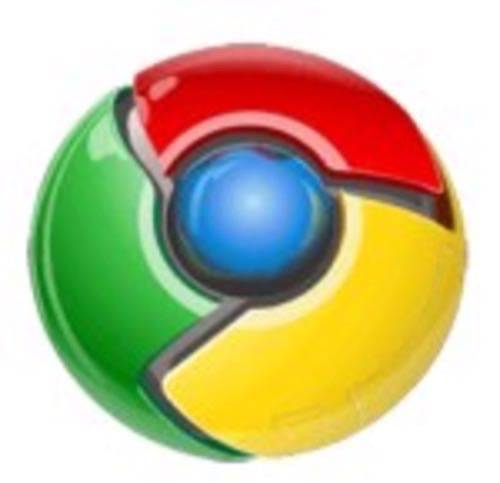Late last year, we boldly proclaimed that your next computer might be a Linux PC. Thanks to the ever-growing market for the low-end machines dubbed “netbooks,” this seemed like a real possibility at the time. But then, MSI’s U.S. sales director Andy Tung had to come along and burst our bubble saying that the Linux machines were seeing a higher return rate than their Windows counterparts. For a while, that seemed it would be the end of hope for this next big “Linux for consumers” push. Or it was at least until this month, when Todd Finch, Dell senior product marketing manager, made a very different claim. He noted that return rates for Linux machines were about the same as those for Windows. Is this a second chance for the Linux netbook? Perhaps.
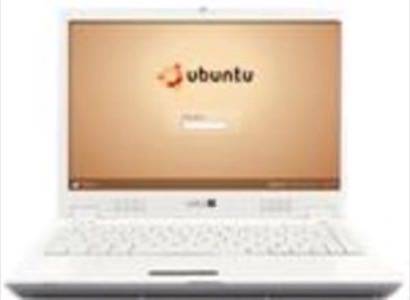
All that being said, you don’t have to buy a netbook with Linux pre-installed to enjoy what this “alternative” OS has to offer. There are several versions out there which you can try today, no purchase required. And there are even more soon-to-launch distros which really get us excited.
1. Jolicloud
The netbook OS getting the most buzz today is one that doesn’t scream “I’m a Linux distro!” Instead, Jolicloud’s internet OS provides easy access to all your favorite applications whether those are online apps like Gmail and Facebook or desktop apps like Skype and Boxee. A bar at the top tracks all the applications you’re currently running for easy switching between them. However, the most unique element to this netbook OS is the social component which lets you “subscribe” to other Jolicloud users so you can see what applications they’ve installed and vice versa. Jolicloud is still in private alpha, but those who signed up to try it are starting to receive their invites now. You can request one too from the Jolicloud home page.
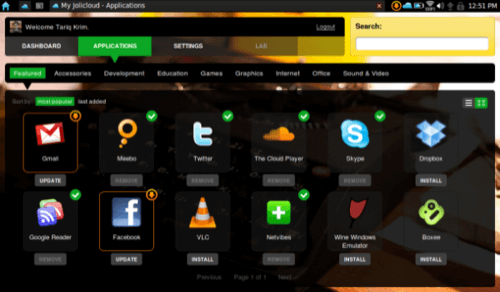
2. gOS’s Cloud 1.0
Most people remember gOS as the distro that tried and failed to make it big by way of a deal with Walmart. The company was the pre-installed OS for the low-end Everex machines sold at the American superstore. But that failure shouldn’t count gOS out of the running just yet. For one thing, the Everex machines were boring, cheap desktop computers sold without monitors. Plus, the Walmart shoppers…well…let’s just say they probably didn’t know what they were getting into. While the original gOS is still available for download today, we’re more intrigued by the company’s upcoming Cloud 1.0, an OS optimized for notebooks. This new version boots straight to a web browser (one that looks just like Google Chrome, in fact). Cloud is supposed to go into private beta this year. You can sign up here to be one of the first to try it.
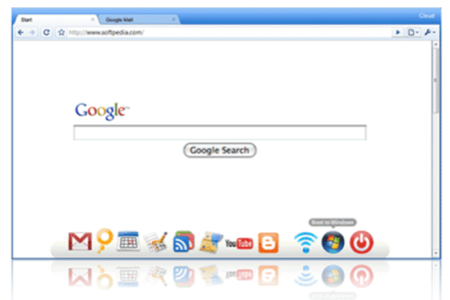
3. Moblin 2.0
Moblin 2.0 is a netbook OS which is publicly available right now. Designed for Intel Atom-based netbooks, this Linux distro focuses on aggregating your social networking activity and media content. A dynamic start page called the “Myzone” is the centralized area where you can get instant access to files, tasks, your calendar, updates from your social networks, and more. Unfortunately though, when it comes to social networks, only Twitter and Last.fm are supported at this time. If you’re not sure if Moblin is right for you, there’s a “test drive” available as a downloadable live image. Once you’re ready to install it for good, you can grab the full download.
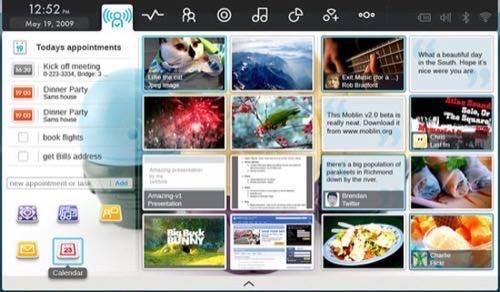
4. Ubuntu Netbook Remix
The Ubuntu Netbook Remix is a netbook-friendly version of one of the most popular Linux distros, Ubuntu. This OS features a customizable Ubuntu Mobile Edition (UME) Launcher which basically serves to replace the desktop for easy access to applications and system settings. Categories on the left display related icons when clicked and a “Favorites” category lets you store your most frequently used applications for quick launching. Remix also offers a unique window switcher which lets you move between programs similar to how you switch between tabs in your web browser. This version of Linux is available for download now from here.
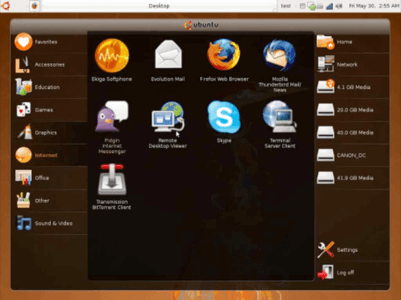
5. Google Chrome OS?
We can’t help but put Google Chrome OS on this list. Although the OS isn’t actually a product yet, only an announcement, we’re incredibly excited to see what Google comes up with for their first real launch into the OS market (Android notwithstanding). All we really know about this Linux distro is that Google aims to build a real “cloud OS” where web applications run in the company’s Chrome web browser. We also know that their goals include a fast boot time to get you on the web quickly and an OS which is safe from malware and viruses. But whatwe don’t know about Chrome OS could fill a room. According to Google, this OS will make its debut in the second half of 2010. We’re not sure if we can stand the wait.
